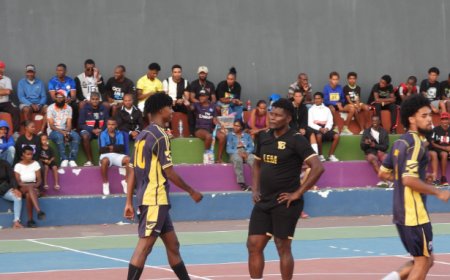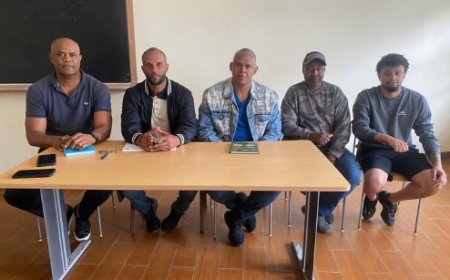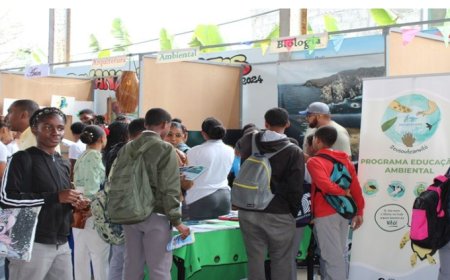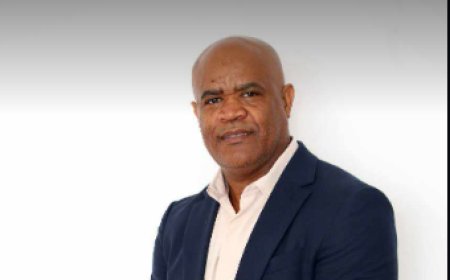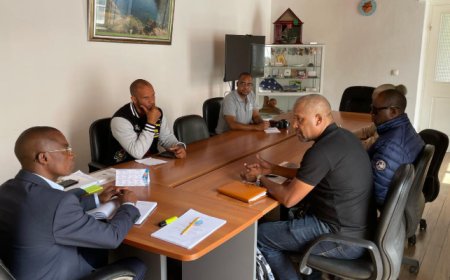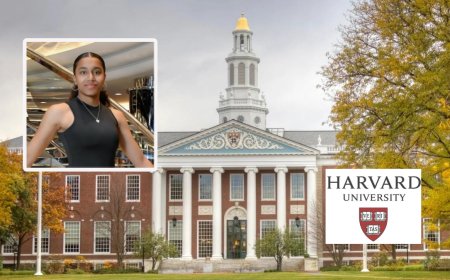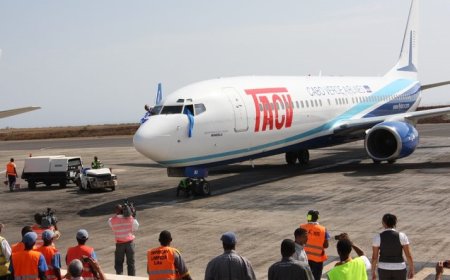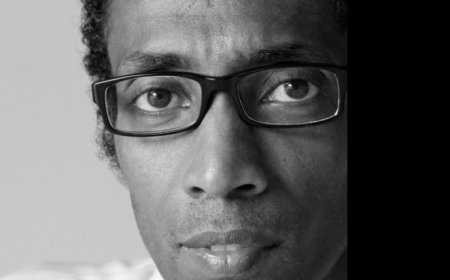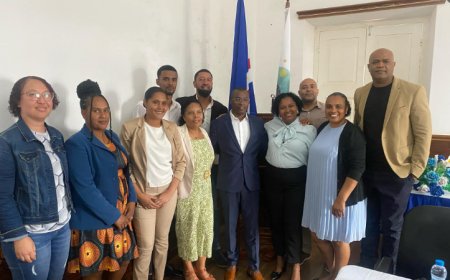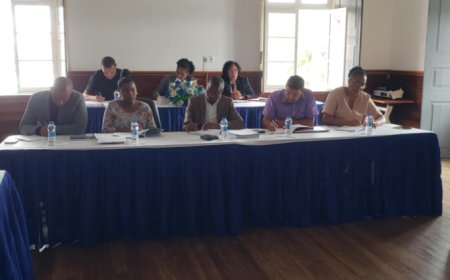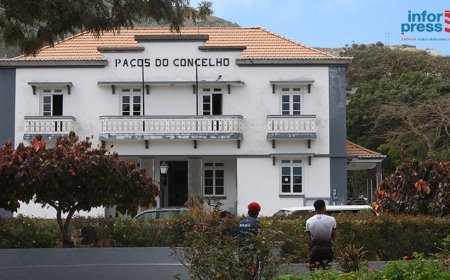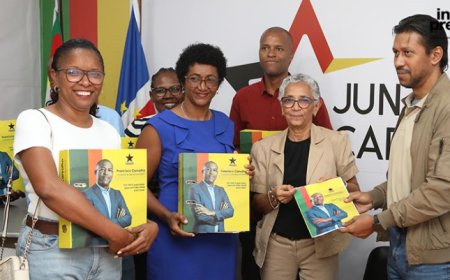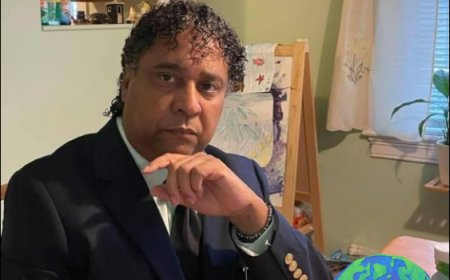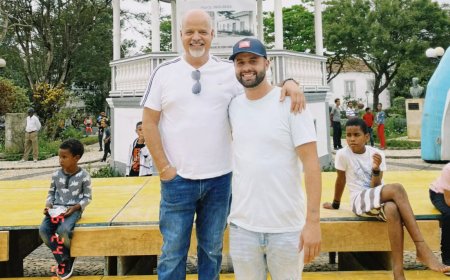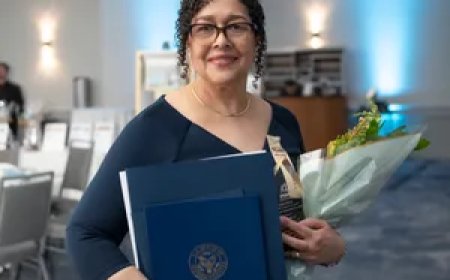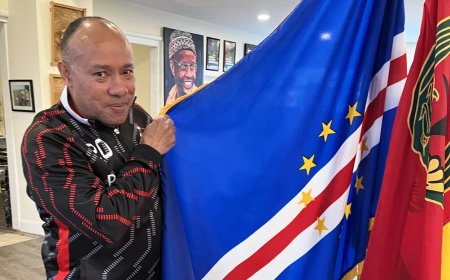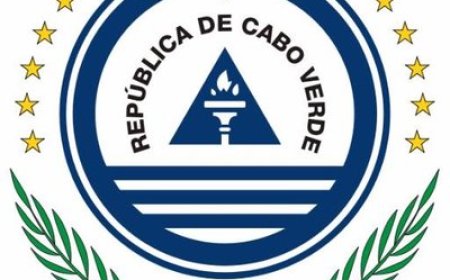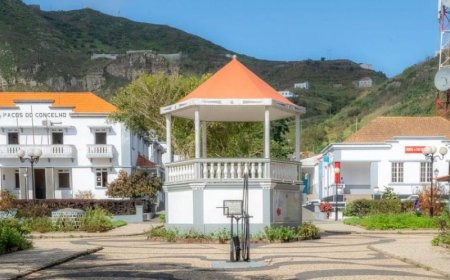Brava: Residents of Fajã d´Água “conformed” to the isolation resulting from the reality that has always been confined to the island
Residents of the locality of Fajã d'Água say they are experiencing “troubled times”, but that they are “conformed” to isolation, due to the reality that Brava has always lived.
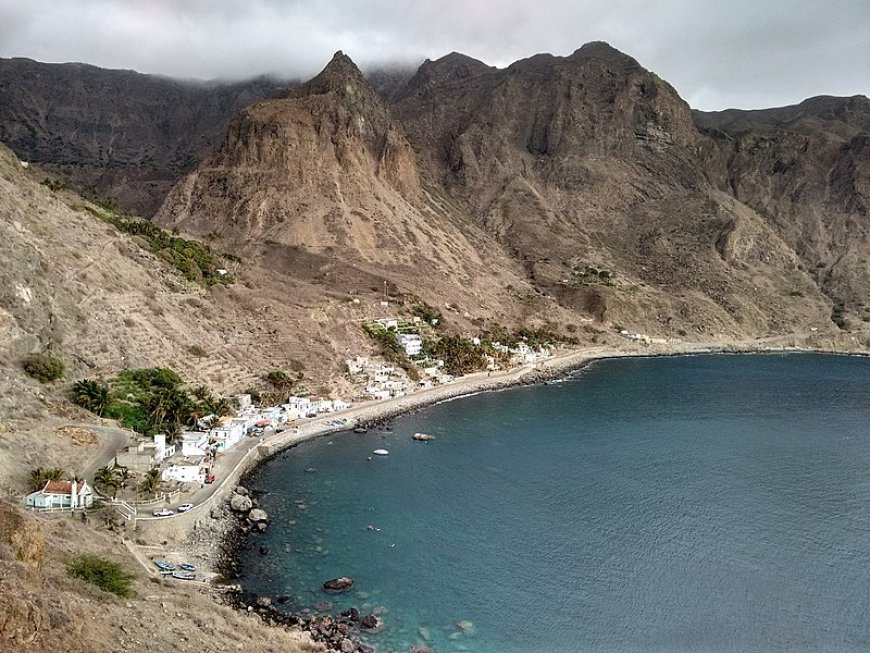
Residents of the locality of Fajã d'Água say they are experiencing “troubled times”, but that they are “conformed” to isolation, due to the reality that Brava has always lived.
The locality has been isolated since the 21st of January, after a landslide that, in addition to rock and earth, took a section of road with it, and since then, some alternatives for a motorway are being studied, while a pedestrian path is being built, which is already in the its final straight.
Inforpress went to see the situation experienced locally and find out about the difficulties that residents are facing, taking into account that almost everything they need has to be transported and found in the city of Nova Sintra, starting with access to health, school, food products, fuel for the boats, among others.
In conversation with Inforpress, José Andrade, positioning himself as a spokesman for the residents and a group of entrepreneurs in the locality, considered that the situation of isolation that Fajã d'Água is experiencing now due to the landslide is “complicated”, but the community is “conformed” as a result of the situation Brava has always been used to, regarding the issue of isolation.
At that moment, the same source underlined that they are finalizing the pedestrian path that he believes will be an “additional asset” for the area at that stage, explaining that they are working on it in order to allow more and better ease in people’s mobility, mainly children and adults.
However, even with the “conformism” of the community and with the pedestrian alternative, he says he does not rule out the need to think of a car alternative to unlock the locality, reinforcing that the fact that people are adapting to the “isolation reality” does not mean that the Government should not be in a hurry to reverse this situation.
“The authorities are not pronouncing much, the information we have is scarce, but I think that the process should be speeded up because the consequences after the collapse and the time of isolation will only appear later”, he indicated.
Likewise, he recalled that there are some investments in the locality, some old and some recent that are all stagnant, considering that this situation for the tourist sector and for the class of entrepreneurs in the area was practically a “death”, without conditions for customers, without conditions to continue the works and with responsibilities to be settled at the end of the month.
In addition, he warned of the need to think of an alternative route, supporting the hypothesis of connecting via Palhal-Portete-Espadinha, stressing that the Fajã d´Água area is a risk area and every day the risk is increasing. to increase and with the level of gravity, if some measures are not considered in conditions there may be tragedies later on.
“It is not the first time that we are witnessing landslides in the connection road to the area, in the 20 years that I have already been in the locality this is the fifth time that we have been isolated”, recalled the same source, indicating that specific solutions were always equated that in the end they always present “failures”.
“In Brava we always have transport problems and we are always confronted with the situation of isolation and in the locality things are getting more and more complicated”, he said, asking the Government to take a different look at Brava, mainly in creating conditions for people can live in a better way in terms of development and better living conditions.
Still, among the residents, Sónia Baptista, president of the local association, also showed her concern, not diverging from those mentioned above, but mainly explaining the difficulties that the children of Esparadinha, the furthest village from the Fajã d´Água area, are facing. face to attend classes.
According to the same source, these children have to get up before 6 am to leave the house very early, bring water and shoes in a bag to wash their feet when they reach the road and then take the car that transports them to the aforementioned schools where study.
“It's not a big area, but the concern is with children and the elderly”, he emphasized.
As it is a fishing area, he said that they have to get together in groups and request fuel in the city of Nova Sintra by renting a car, the same way that happens when they are traveling to Nova Sintra for shopping or other tasks. , where they have to get together in a group to hail a car because now there are no frequent shipments to the area.
As for the fish, if the boat goes out to sea to get a quantity that is not worth moving a car, they keep it in the ark for another day when there is more.
Even so, Sónia Baptista advanced that they are going through this situation with serenity, justifying that “going into despair is worse and they have always accepted and have been confronted with the isolation of Brava itself”, but hopes that something can change this situation in order to overcome it and overcome this less than good moment that is affecting them in every way.
Regarding the construction or solution for a motorway, he says it is necessary, recalling that there are about nine vehicles belonging to people from other locations trapped in Fajã d´Água.
On the Facebook page of the Municipality of Brava, the president, Francisco Tavares, made a publication describing that two weeks after the collapse, “everything is proving to be more difficult, requiring more efforts, much more time and a great deal of work, and to if you reach the top of the rock that collapsed, the machine is working to open an access road, above, from a point on the road far from the place that needs intervention”.
In that same post, he mentioned that “the Government of Cape Verde has already requested the work of a company that has already started the interventions”.





